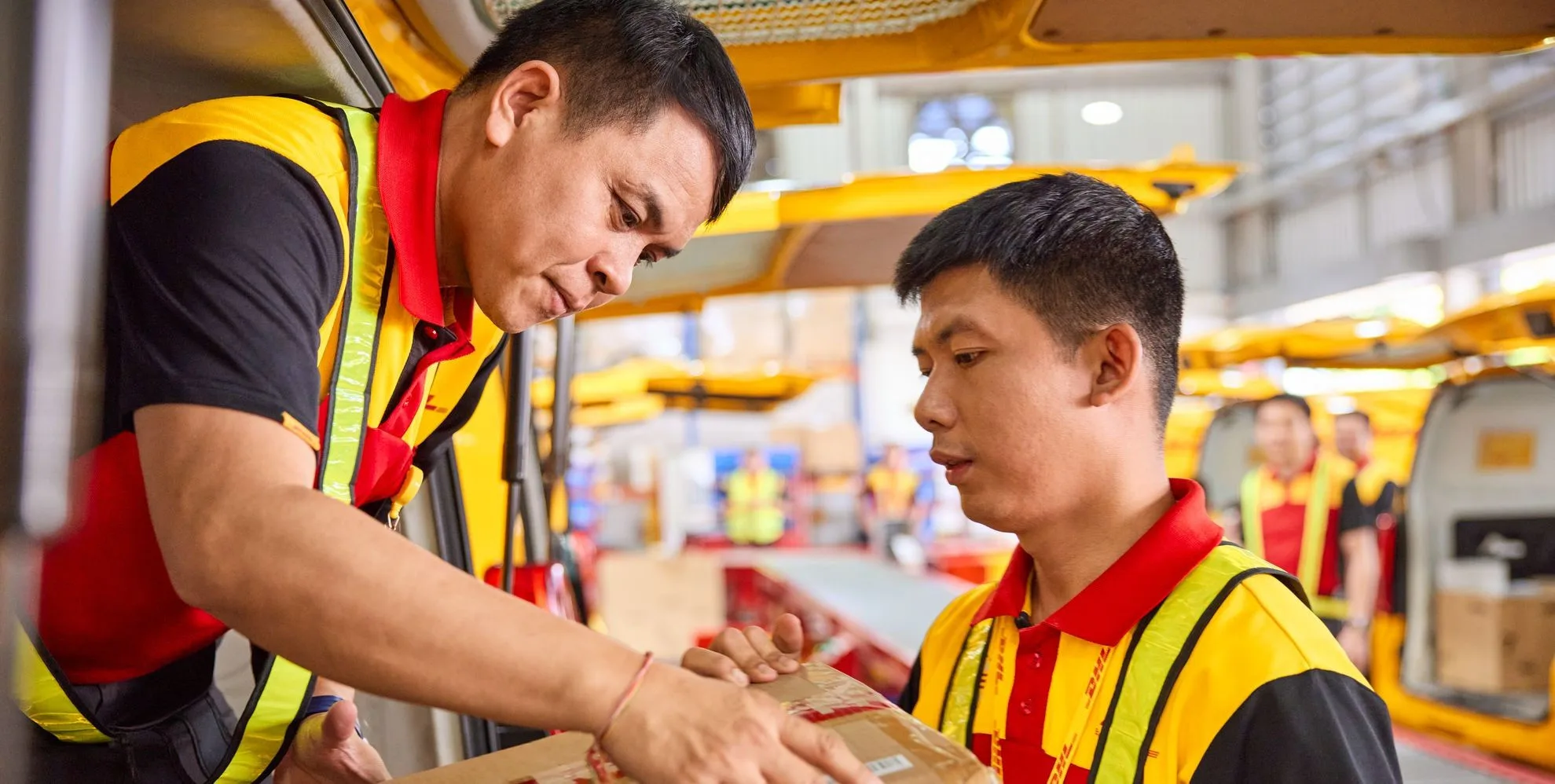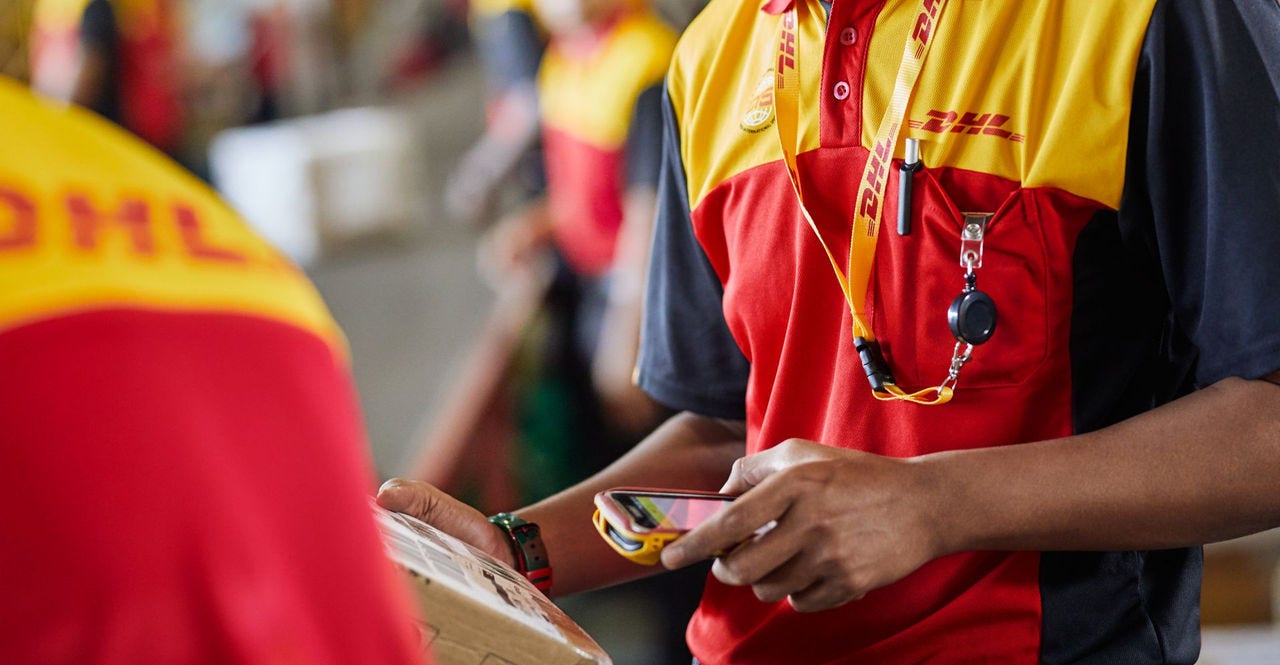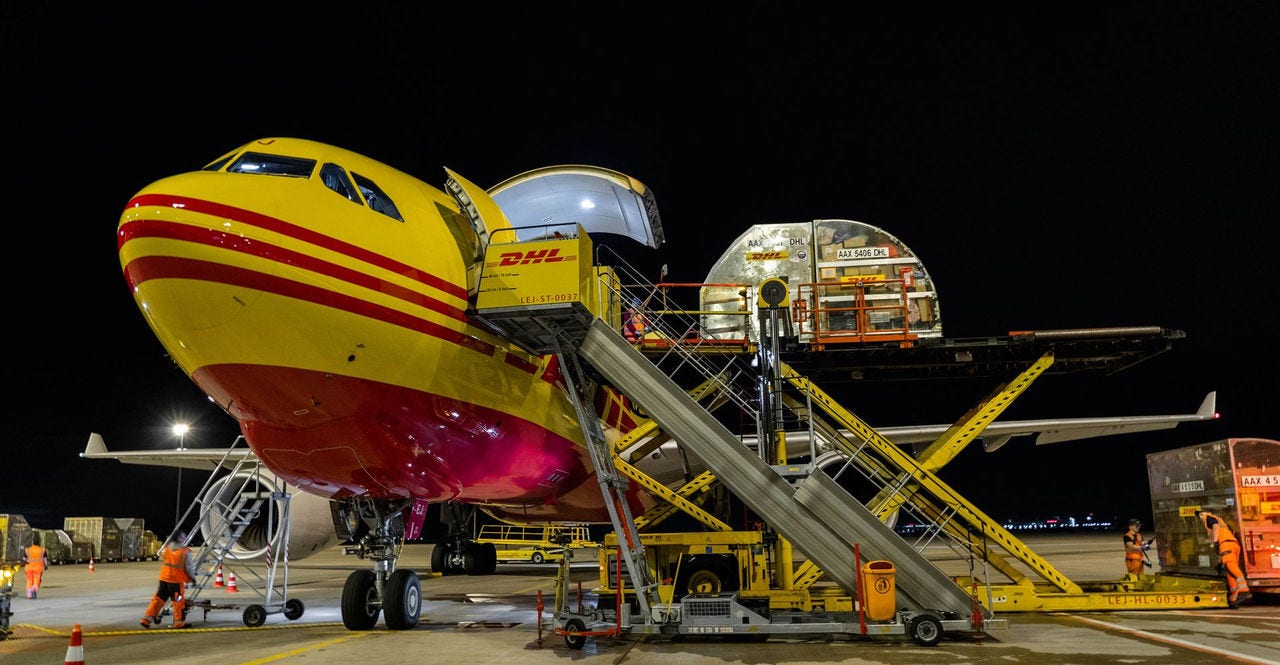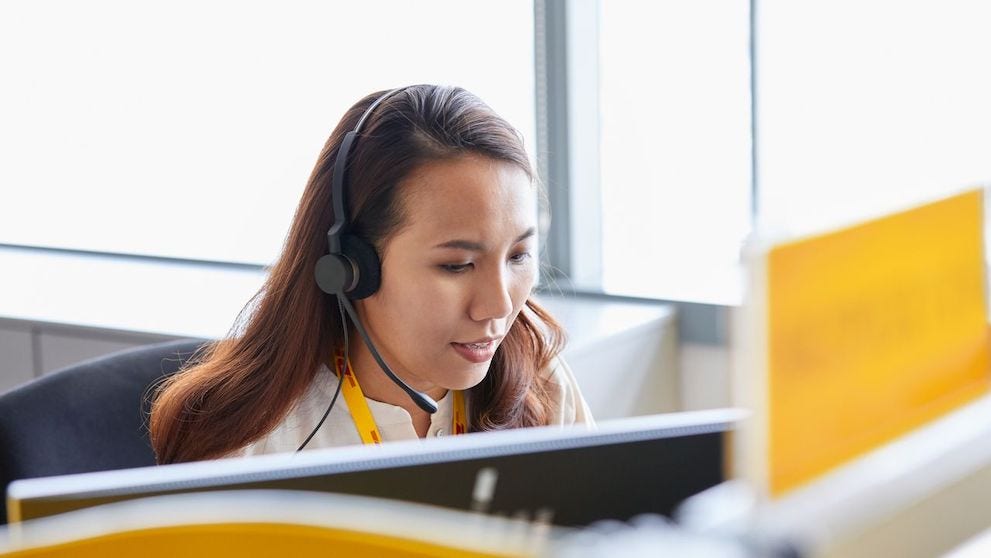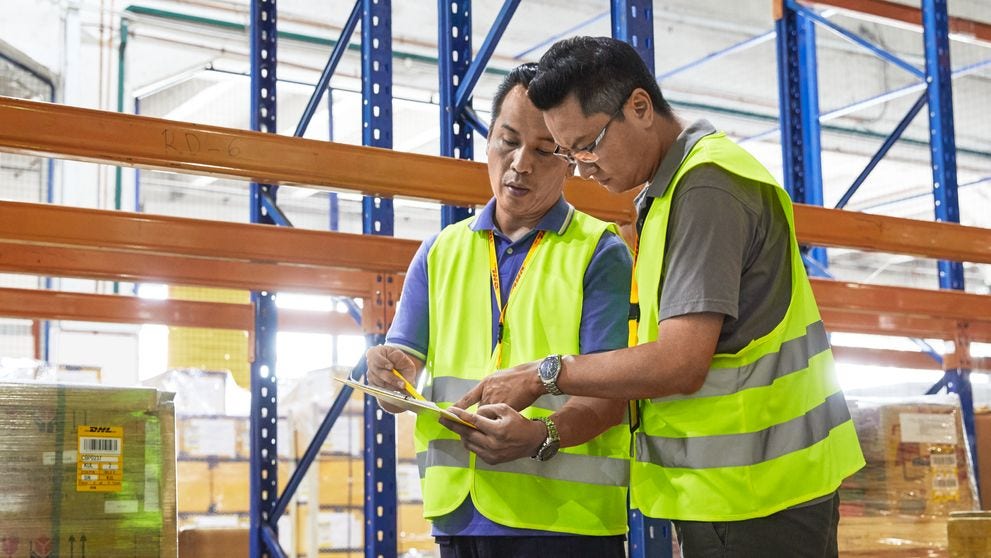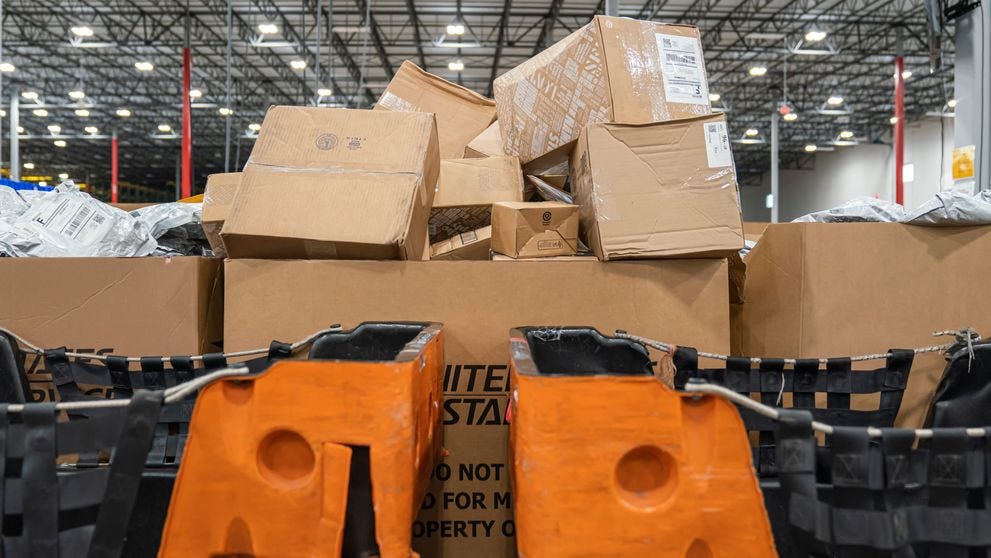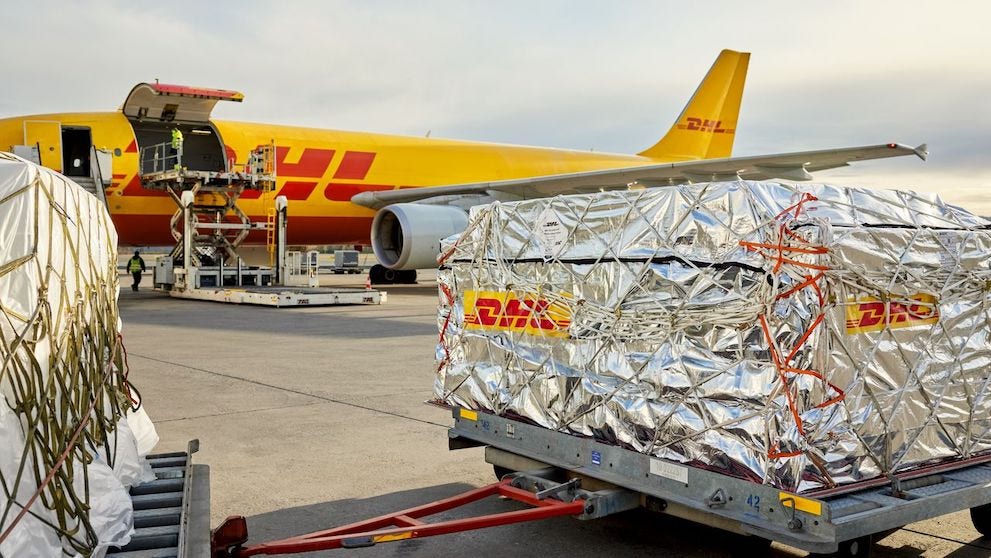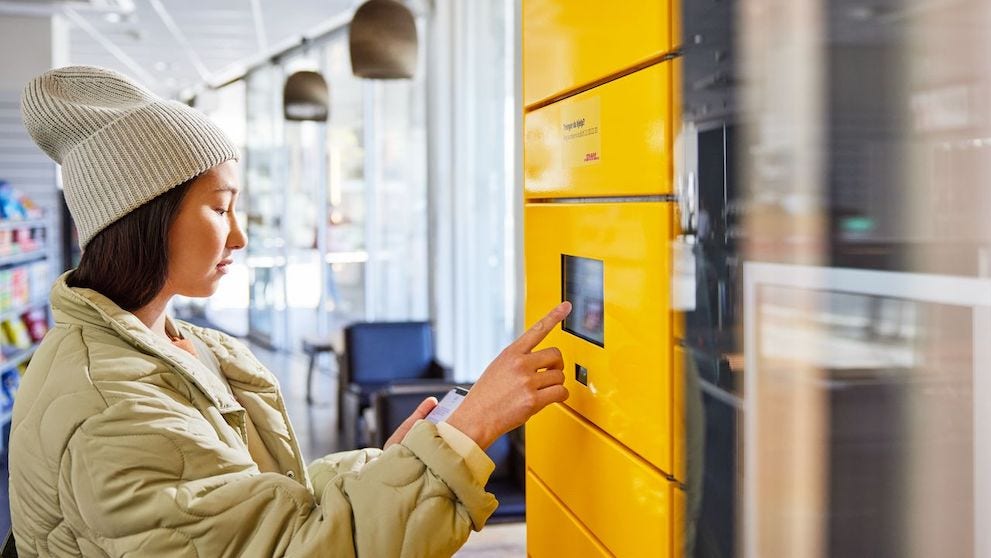
As Indonesia's economy continues to grow, more and more businesses are looking to expand their reach internationally. One popular market for Indonesian exporters in Australia, with a trade volume totalling AU$5,720 million in 2022, as evidenced by data from the Australia Government’s Department of Foreign Affairs and Trade.
However, when shipping from Indonesia to Australia, customs clearance is an important part of the shipping process. As a business owner, it is important to understand the various facets relating to customs clearance in Australia. These include duty, taxes, and tariffs, the various categories of goods that are taxable and not taxable, policies, laws and regulations, and the documents that need to be prepared. In this blog post, we will guide you through the essential steps for exporting goods to Australia.
1. Duty, taxes & tariffs
Duty, taxes, and tariffs are fees that must be paid to customs when importing goods into Australia. These fees are based on the value of the goods being imported and the specific category of the goods.
The Australian government sets these import taxes and fees and they can vary depending on the country of origin, the category of the goods, and the value of the shipment. The Goods and Services Tax (GST) is 10% of the value of the taxable importation, as stipulated by the Australian Border Force. Goods with a value greater than AU$1,000, as well as goods like tobacco and alcohol, are subject to custom duties.
When shipping goods from Indonesia to Australia, it is important to understand which categories of goods are taxable and which are not. For example, if you are moving to Australia and need to ship personal items such as clothing and footwear, these goods have customs duty exemptions and are non-taxable.
2. Free trade agreements
When shipping internationally, free trade agreements (FTAs) can have a significant impact on the total amount of duties and customs businesses have to pay. Australia has a number of FTAs in place with countries like Indonesia, which can reduce or eliminate tariffs on certain goods. The Australia-Indonesia Comprehensive Economic Partnership Agreement (IA-CEPA) is an FTA that was signed between Australia and Indonesia in July 2020. It is designed to promote economic integration and boost trade between the two countries.
Under the IA-CEPA, and alongside the ASEAN-Australia-New Zealand Free Trade Agreement (AANZFTA), tariffs on a wide range of goods and services will be reduced or eliminated, making it easier for businesses in both countries to trade with each other. According to ASEAN Briefing, the IA-CEPA allows greater market access especially for livestock and agricultural products.


